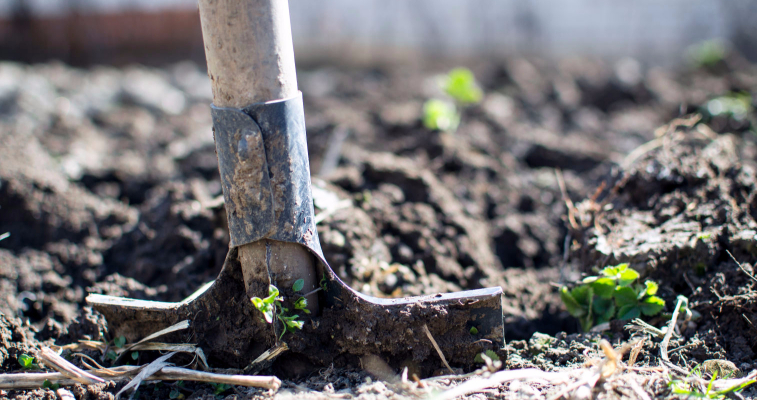Members of my team had a huge project due at the end of last week. They planned, coordinated, and each knew what they needed to do to execute as a team. They worked incredibly hard to stay late Friday night to deliver and meet their deadline.
And at 4 am Saturday morning, we realized there was a huge issue.
No one wants to wake up to find out there is a giant glitch with a project that affects an entire company. And yet, with characteristically phenomenal attitudes, they rose to the occasion. By 7 am, we were texting about the issue. By 10 am, we were on a conference call strategizing. And by 11 am, we were in the office together solving the problem. We call that “grabbing a shovel.”
I’m not going to lie; there was about a thousand other things I would have liked to do with my Saturday. I had a weekend planned up in New Hampshire to visit family friends, my children and I were really looking forward to. We cancelled it. Instead, I hauled my kids into the office, and asked them to grab a shovel too. In addition to getting their homework done, they supported the team by doing coffee runs and picking up lunch.
“Grabbing a shovel”, in my company, means to lend a hand. When a problem arises, we don’t put the burden on one person to go solve it. Instead, we say, “what can I do to help?” Sometimes, you just need to show up and support; we understand that not everyone is comfortable asking for aid. Sometimes, you don’t wait to be asked. You just go help.
What drives us to do this? “Teamwork” is one of our core values. When people ask me about scaling culture, and ensuring it stays strong as companies continue to scale, I look towards real world examples of the values being embodied. Values and culture are not about a colorful graphic hanging on the wall; they are about the shared belief system and the mapping back of those beliefs into your everyday work life.
In this case, it was our CEO who caught the error. He didn’t freak out. Instead, he sent me a note at midnight asking for me to check into it to see if there truly was an issue. When I saw his note in the wee hours of the morning, I didn’t fear for my job, freak out or threaten others. Instead, I connected with team members who could help solve the problem, and we partnered together to get it done. There were no fingers pointed, or team members in trouble. The focus was on getting it done, and done right. And later in the week when the dust settles, we’ll do a post mortem to determine how we can do it better next time.
Partnering together to celebrate wins is always a great way to bond as a team. However, when colleagues band together to work through challenging times, those levels of cooperation only serve to strengthen future team performance. That can ultimately result in lower team voluntary turnover. Teams may see an increased ability to take more disciplined risks and willingness to learn and evolve as well.
It’s easy to be on a team when things are going well. When challenges arise, that is when you truly learn who embodies collaboration and cooperation. When your team members operate in this manner, not only are you more likely to get to a positive outcome, but you strengthen the aptitude for future team performance as well.
Consider your own team as you read this; the last time your team faced a challenge, did you grab a shovel and dig in to help, or did you leave it to others to handle? If you were the one who needed help, did you go off and try to solve it yourself, or did you enlist others to partner with you? Culture and high performing teams get a lot of attention in the media, but it’s often not until those notions are challenged that you can really assess how strong they truly are. As you reflect today, spend a moment pondering your own ability to grab a shovel.
Are you willing to get your hands dirty? Your team will thank you for it – and likely become even stronger as a result.

